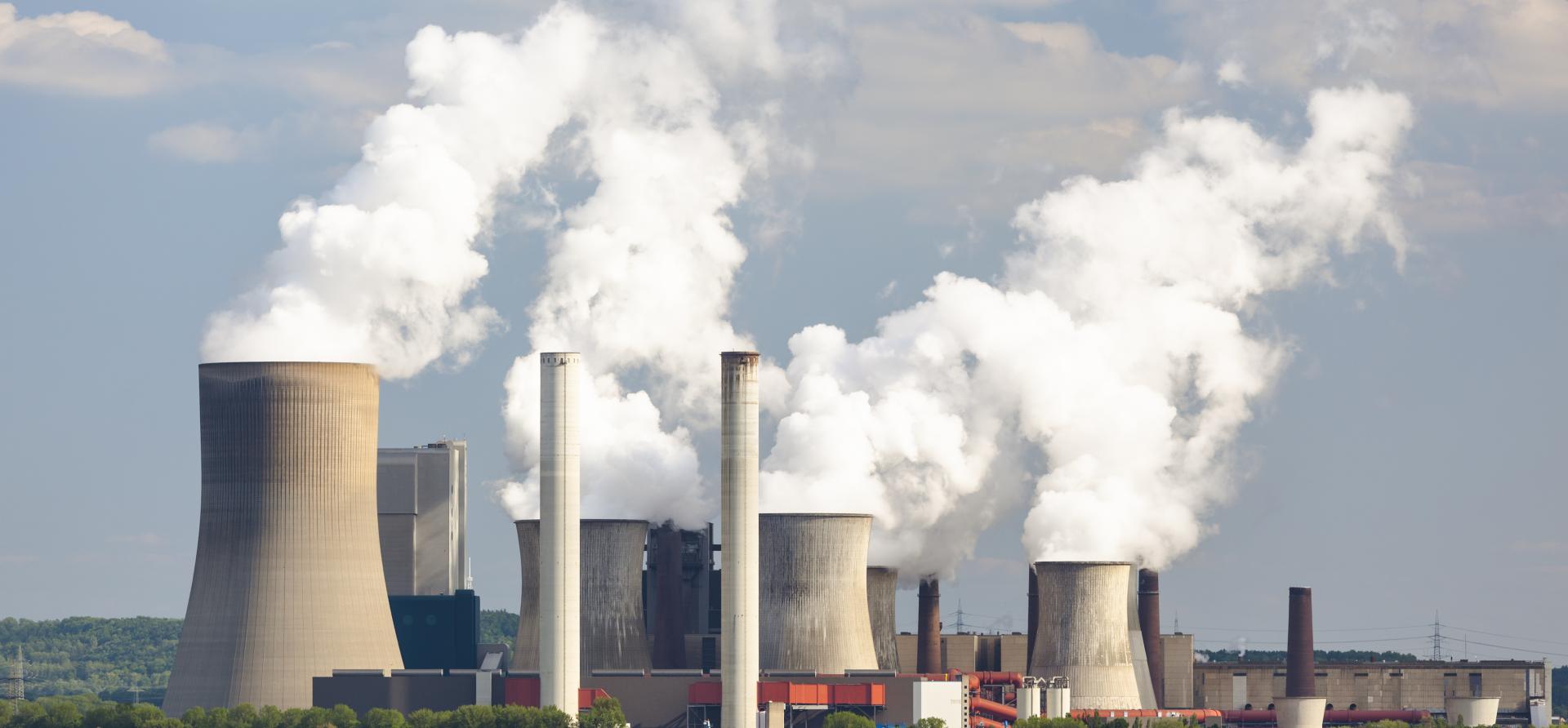No economic case for new lignite plant in Bosnia and Herzegovina
Download Full Report
View Press Release

Key Findings
The proposed new lignite-fired plant, Gacko II, in Republika Srpska, Bosnia and Herzegovina, would become a stranded asset under several scenarios and even with generous assumptions that favour lignite generation.
Financing for the project is uncertain given its economic and environmental profile, with European power sector trends and future financing opportunities favouring lower-cost, lower-risk renewable alternatives.
Investing in onshore wind and utility-scale solar PV would offer safer and improving returns, quicker construction and cleaner power, as well as better access to financing.
Key findings of this study could be replicated across similar sites in Bosnia and Herzegovina and across the Western Balkans.
Executive Summary
An IEEFA analysis confirms there is no economic case for building a new lignite-fired power plant at the proposed Gacko II site in Republika Srpska (RS), Bosnia and Herzegovina (BiH). Gacko II will not be profitable and would quickly become a stranded asset under several scenarios and even with generous assumptions that favour lignite generation. High power prices should not be used as justification for the project, since these are not expected to persist and will also benefit alternative plants.
It is hard to see who would finance or insure such a project given its economic and environmental profile, even if the project is supported for political reasons. China, until recently active in financing coal projects, has already been pulling away from foreign coal investments.
A better solution would be to invest in new onshore wind and utility-scale solar photovoltaic (PV) power generation in the region, which offer safer and improving returns, quicker construction and cleaner power. These are proven technologies with competitive costs and limited performance risks. A portfolio of wind and solar PV would also benefit from access to finance committed to renewables energy solutions (RES) and a likelihood of supportive policies in the future.
By contrast, a new lignite power plant in BiH will take longer to build and will be heavily exposed to future adverse policies. Carbon pricing in particular will cause the plant to be cash-flow negative early in the life of the asset. The recently affirmed European Union Carbon Border Adjustment Mechanism (CBAM) means that this could occur as early as 2026―before the new plant becomes operational. Losses would ultimately be borne by taxpayers.
Many of the findings of this analysis can be replicated and applied to other similar sites in BiH and across the Western Balkan region. All six Western Balkans nations (WB6) have committed to fully decarbonising their economies by 2050.















